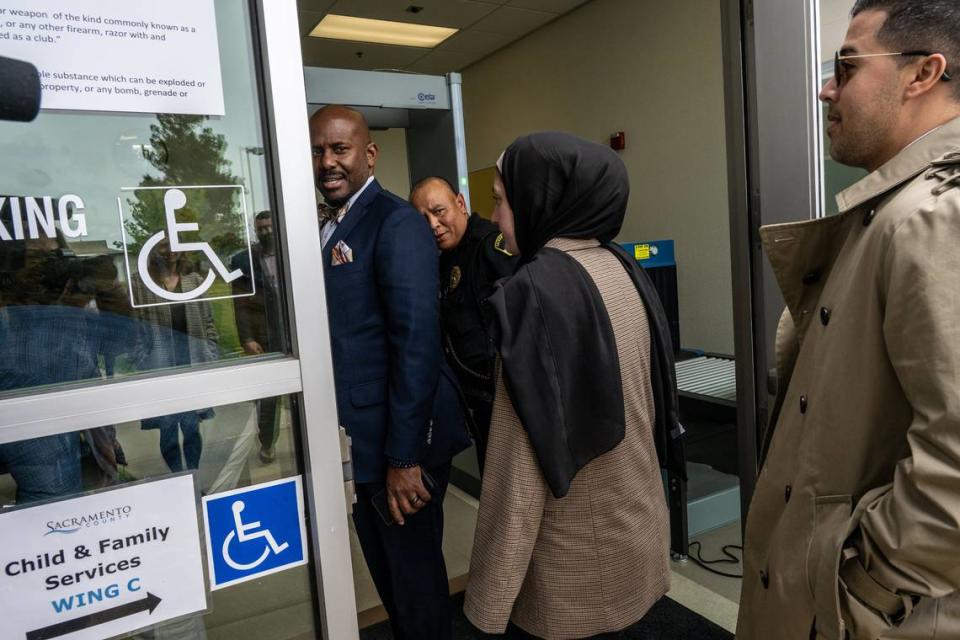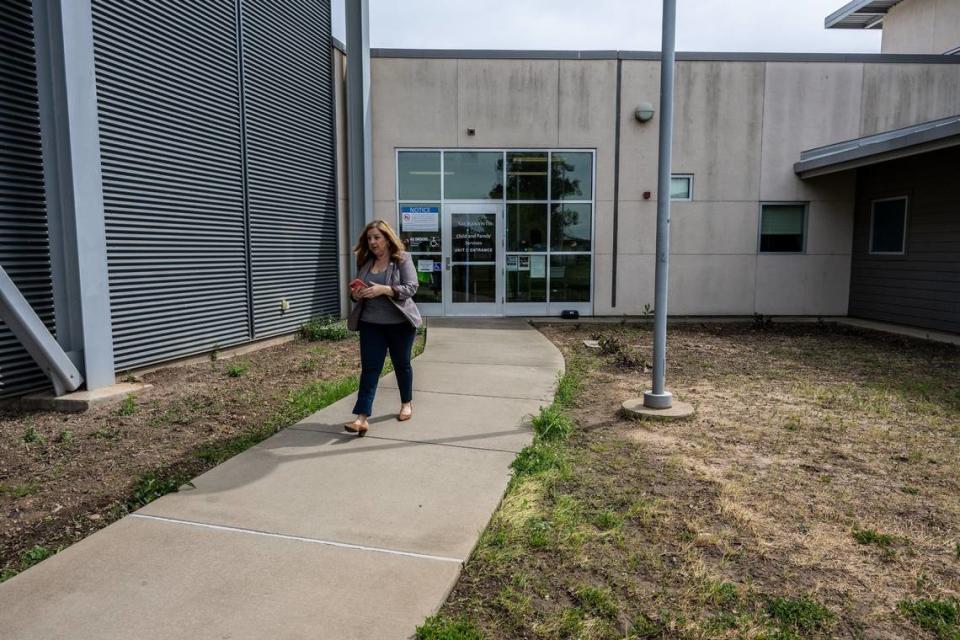California orders Sacramento County to remove all foster children from cells by June 16
The California Department of Social Services has ordered Sacramento County to remove foster children from a former juvenile detention facility next month.
In a May 16 letter, obtained by The Sacramento Bee through a California Public Records Act request, the California Department of Social Services denied the county’s application for a license to keep housing children in the facility. If the county admits any new children to the facility or keeps the facility open past June 16, the state will fine it $200 a day, the letter stated.
The county has faced backlash for housing foster children in the Warren E. Thornton Youth Center in Rosemont, including from state lawmakers, since The Sacramento Bee was the first to report in April that the county was housing kids at the Branch Center Road facility without a state license.


The new letter calls the facility a “jail like setting,” echoing language of previous DSS letters, but also contained new findings.
The facility is unsafe in the case of a fire, as the bedroom windows do not open. The county also never obtained a change-in-use permit from the fire marshal to switch from institutional occupancy to residential, the letter stated.
The bedroom size of 16 feet by about 8 feet is too small, regulators said. The mattresses do not have springs and are “very thin,” and there are no drawers or closets in violation of state law. The metal toilets in the cells have been covered with wood and shelves while bedroom windows hinder privacy in rooms, the letter stated. The facility entrance’s metal detector “violates the right to be free from unreasonable searches of personal belongs and the right to be treated with respect,” the letter stated.
The county plans to move the children to a new “welcome and assessment center,” as well as other licensed placements, by mid-June, said county spokeswoman Samantha Mott.
Mott did not disclose the locations the county is considering for the new center.
The county issued a request for proposals seeking providers to operate a so-called temporary shelter care facility for foster children back in February, Mott has said. It has not yet signed a contract.
Sacramento NAACP President Betty Williams in April filed a lawsuit against the county, alleging a 14-year-old relative living at the facility fell victim to sex trafficking while in the county’s care. The county declined to comment on that lawsuit because it does not comment on pending litigation.
The county has been housing about 12 to 16 children, mostly teens, at the facility — frequently called the WET Center when it was operated by the county’s Probation Office — since August despite several letters from state officials advising against it. State officials have been sending the county letters about the facility since as early as September, when DSS Foster Care ombudsperson Larry Fluharty wrote that the environment could “retraumatize” youth and make them feel “physically and psychologically unsafe.”
Prior to the WET Center, the county housed the children in an office building nearby, which the state also deemed unsuitable.

